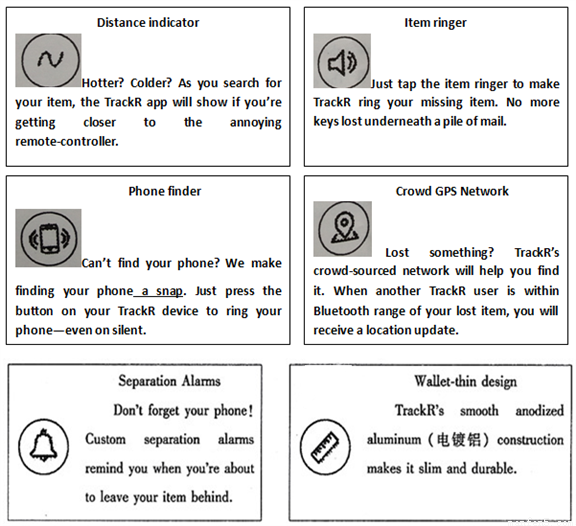题目内容
My wife and I were attending a wedding at St. John’s Church. The sound of _______ rang to the heavens as the ceremony continued.
At the church, I _________ an old friend. Casper, who happened to be at the _________. Now 73, Casper was a brilliant and _________ softball pitcher (投球手) back in the Men’s Leagues of Philadelphia in the mid-60s. I did not _________ the now silver-haired fellow until my brother-in- law John mentioned his name to me! After a very pleasant _________, Casper asked if I remembered a letter of _______ I had written to him back in 1964. It appeared Casper fell on hard times, as professional pitchers _________ do, and he wasn’t pitching too well for a period of time. I did not _______ the letter, but he said, “Yes, I still have it, and I read it anytime ____________ aren’t going too well.” He said that he had read the letter many times, and the situation always seemed to improve. I was __________ and speechless!
He continued, “You don’t remember?” I said, “Sadly, no, I don’t.” But I did ask if I could have a(n) ____________ of the letter. He said he would email it to me. After the ____________, we met on the steps of the church. Casper came up to me and __________ the letter. He lived a block from the ____________ and had run home to get it. The envelope was __________ and turned yellow, and so was the letter inside. That letter had to be nearly 50 years old.
In ______________ terms, the letter read:
“These hard times are ____________ ! Keep your enthusiasm for the ____________. Never quit and you’ll be back on top again __________. Hang on there!”
1.A. wind B. music C. traffic D. fireworks
2.A. took over B. ran into C. picked up D. called on
3.A. meeting B. service C. scene D. position
4.A. limited B. balanced C. devoted D. talented
5.A. invite B. recognize C. disturb D. inform
6.A. discussion B. shaking C. journey D. greeting
7.A. encouragement B. appreciation C. apology D. introduction
8.A. sometimes B. entirely C. rarely D. forever
9.A. receive B. write C. remember D. preserve
10.A. jobs B. things C. stages D. effects
11.A. pleased B. disappointed C. puzzled D. annoyed
12.A. address B. copy C. record D. opinion
13.A. party B. break C. wedding D. incident
14.A. dropped B. delivered C. opened D. presented
15.A. theatre B. church C. office D. station
16.A. folded B. faded C. painted D. divided
17.A. gentle B. patient C. modest D. simple
18.A. reasonable B. temporary C. relative D. impressive
19.A. game B. prize C. glory D. lesson
20.A. casually B. properly C. totally D. shortly


 e and obesity
e and obesity